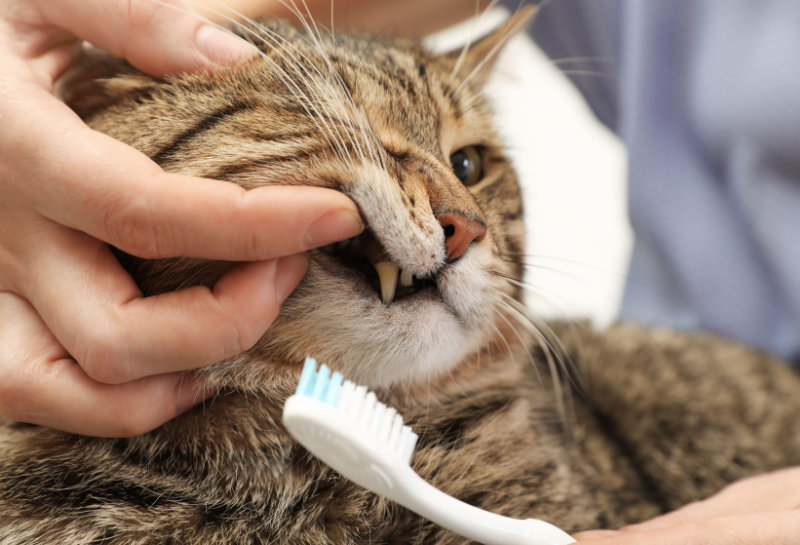
20 Jul What is a board-certified veterinary dentist?
A board-certified veterinary dentist is a veterinarian who has undergone additional training to specialize in dentistry and oral surgery. A veterinarian must first complete a three-year residency and then pass a rigorous exam overseen by the American Veterinary Dental College. Veterinarians who successfully pass the examination are awarded the title of Diplomate of the American Veterinary Dental College (DAVDC). During their residency, these veterinarians receive specialized training in dentistry and oral surgery.
A board-certified veterinary dentist will possess advanced knowledge in their field in diagnosing and treating dental and oral diseases in a variety of species. They are skilled in performing more complex dental procedures, such as root canals, extractions, periodontal surgeries, and oral tumor removals. Additionally, they may also provide advanced dental care, including orthodontics, prosthodontics, and endodontics. A veterinary dentist will have more advanced specialized equipment to use for diagnostics and treatment. With more advanced equipment there is less of a chance of a misdiagnosis or something being missed; this will ensure that there is appropriate treatment.
Board-certified veterinarians will often work closely with general practitioners and other specialists to provide comprehensive and coordinated care for your pet. This way they can collaborate and share their expertise to develop the most appropriate treatment plan for your pet’s specific needs.
A board-certified veterinarian is required to stay current in their field of expertise. This is done by participating in continuing education programs, attending conferences, publishing research, and maintaining an active involvement in their specialty’s professional community. This dedication to ongoing learning ensures they remain knowledgeable about the latest advancements and best practices in their specialty. General practitioner veterinarians are still highly skilled and equipped to handle many common health issues but they may recommend a board-certified veterinarian when dealing with complex or specialized cases. They can then work together to provide specialized care and improve the chances of positive outcomes for your pet’s health.
Your pet’s regular veterinarian may refer you to a specialist, but many specialists do not require referrals to make an appointment. Even if you are not sure you would like to proceed with treatment it is always a good idea to obtain more information for options through a consultation. This may help you make a decision or provide you with more options and information. At Veterinary Dental Specialists of Wisconsin, we understand the bond between pets and their owners and we are committed to providing the best care. Our experienced team along with Dr. Steve Honzelka, will conduct a comprehensive examination, and review your pet’s medical history. We will take the time to discuss all available options for treatment and ensure that you are well informed and actively involved in the decision-making process.
Sometimes it is difficult to know when it is time to seek a second opinion. Some things to consider would be if your pet has been struggling with a chronic condition or has been diagnosed with an illness that requires more advanced treatment or equipment. It is still important to continue working with your regular veterinarian for preventative care and wellness exams to ensure there are no other concerns that need to be addressed.
For more information on a board-certified veterinary dentist please visit the American Veterinary Dental College website at: http://avdc.org.


